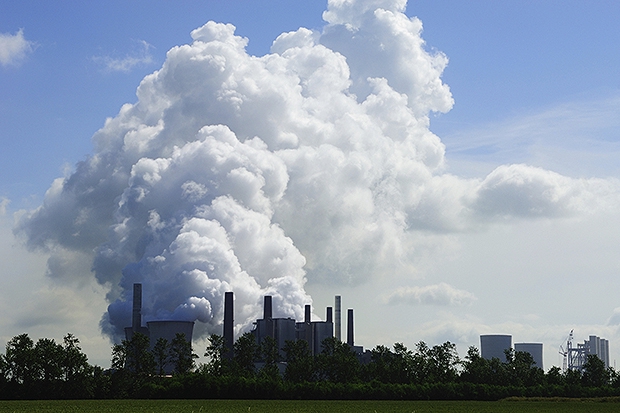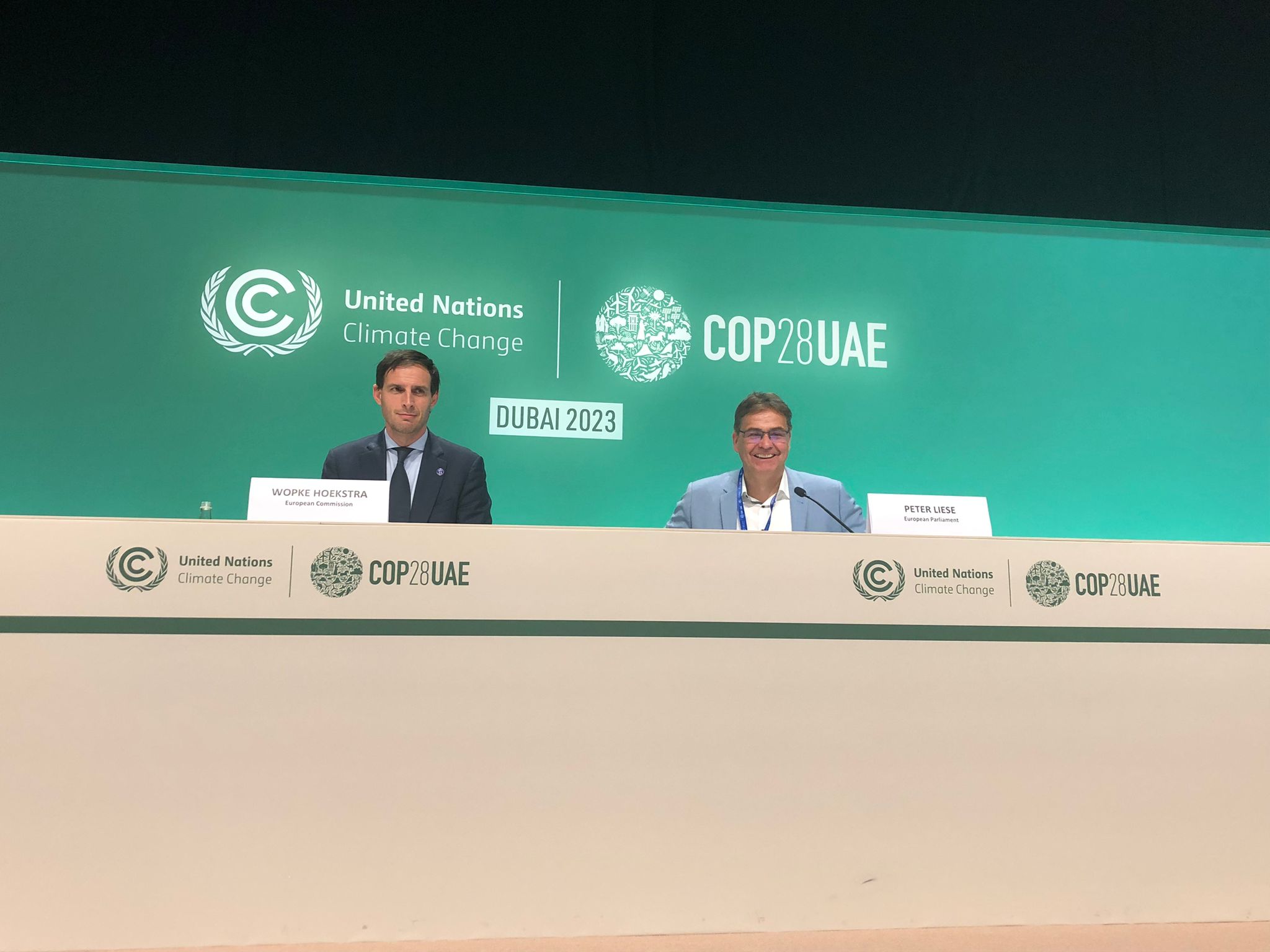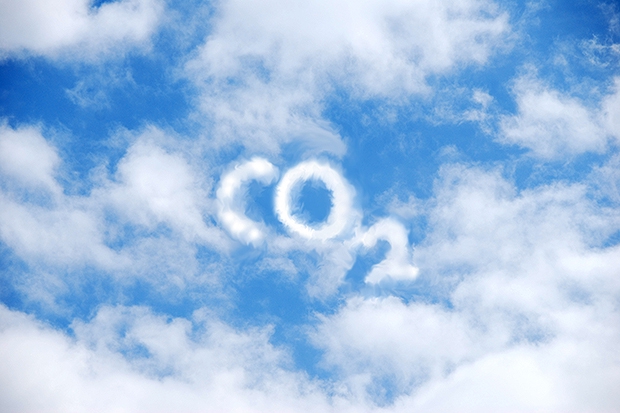
Ahead of the Commission’s Communication on the EU’s 2040 climate target
- Details
A new focus of European climate policy needed / Commission needs to immediately set up a task force on international carbon markets / Three other conditions to enable industry, agriculture, forestry and low-income families in particular to implement ambitious targets
“We need to focus much more on convincing third countries to follow our ambitious policies. The introduction of CBAM generates a lot of interest by third countries. Many of those want to cooperate. DG CLIMA is flooded by requests for cooperation and advice but has not enough staff to accommodate the wishes of third countries. For example, the representatives of Singapore talked to the Parliament delegation during the COP in Dubai. They said that they have an ETS and wish to join us in our efforts but Commission didn’t have time to talk to them. That’s why the most important measure is that the Commission sets up a dedicated task force for international carbon markets to cooperate with third countries and technical advice. This will be the most effective and the cheapest climate measure ever,” insisted Peter Liese, environmental spokesman of the biggest parliamentary group in the European Parliament (EPP, Christian Democrats) ahead of the publication of the European Commission’s Communication on the 2040 climate target.
Read more: Ahead of the Commission’s Communication on the EU’s 2040 climate target
Climate conference between hope and fear
- Details
Don't accept every result / In addition to phasing out fossil fuels, a new attempt to raise national targets and progress on international emissions trading required / European Commission needs task force to enforce emissions trading and carbon border adjustment mechanism internationally
The chair of the European Parliament's delegation to the climate conference in Dubai, MEP Dr. Peter Liese, called on the European governments and the European Union's negotiators not to accept every outcome. “In Europe, we have very ambitious climate policies. We must make it clear to the world that we can only convince our own citizens of the necessity of these measures in the long term if other major polluters also make their fair contribution to reducing greenhouse gases and financing climate policy in poorer countries. If the COP ends up just agreeing on 'blah blah blah', it would be better if the European Union, together with the least developed countries and the small island states, blocked the outcome,” explained Liese, who is also the environmental spokesperson for the largest political group in the European Parliament (EPP, Christian Democrats).
Peter Liese on the EU Climate Advisory Board’s report:
- Details
Speed up permitting processes and introduce a task force for CO2 markets in third countries
“For us as EPP Group, two things are particularly important. Firstly, we must speed up permitting processes so that companies that want to invest in the energy transition can do so quickly. Secondly, the Commission must set up a task force to help third countries to introduce emissions trading systems like in the EU so that truly global climate protection can be achieved," said Dr. Peter Liese, environmental spokesperson for the largest political group in the European Parliament (EPP, Christian Democrats), on the occasion of the publication of the report "Towards EU climate neutrality: progress, policy gaps and opportunities" by the European Scientific Advisory Board on Climate Change. “Many companies want to invest in the energy transition, but despair at the complicated permitting procedures and the lack of a legal basis. Like cement, lime can only be made climate-neutral by capturing, transporting and storing CO2, for example. However, we are still lacking a clear legal framework for these activities, in Germany, for example they are even illegal. We urgently need the Net-Zero Industry Act to be adopted quickly in accordance with the European Parliament’s position, i.e. support for all projects that serve climate protection and not just selected projects."
Read more: Peter Liese on the EU Climate Advisory Board’s report:
EPP MEPs call for urgent action on animal welfare in letter to EU Commission - Commission proposal expected on December 6
- Details
Urgent Need for Action Against Illegal Puppy Trade / Eurobarometer Reveals - Europeans Want Greater Animal Protection / End Animal Cruelty, Protect Human and Animal Health
In a joint letter to Commission President Ursula von der Leyen and Health Commissioner Stella Kyriakides, several members of the EPP Group, led by Marlene Mortler,responsible spokesperson on the topic, Peter Liese, spokesperson for the Committee on Environment and Public Health, and Esther de Lange, Vice Chair of the largest group in the European Parliament (EPP-Christian Democrats), have urgently highlighted the need to improve the protection of pets in the EU.
"We can be proud of our high standards of animal welfare in Europe. However, in practice, it is often apparent that our strict rules are circumvented. This has led to a flourishing illegal puppy trade in the EU. With this letter, we strongly urge President von der Leyen and Commissioner Kyriakides and demand a proposal from the Commission, as animal shelter operators repeatedly point out these deficiencies to us. Ultimately, it is about the welfare of all companion animals, such as dogs and cats," explained Mortler.




